With a large and largely urban population, Japan has one of the highest concentrations of convenience stores in the world, and the stores play an important role in feeding busy but demanding consumers on the move. The three main chains, 7-Eleven, Lawson and Family Mart, dominate the c-store landscape, although a lot of food shopping also takes place in impressive food halls, often located in large shopping malls.
Fresh food to go
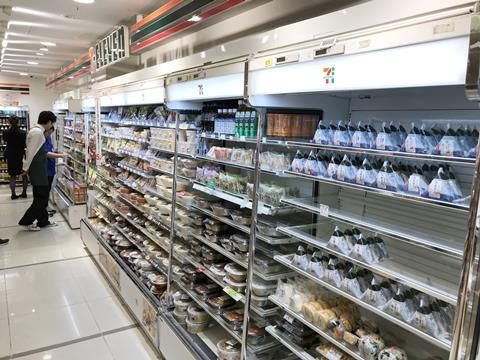
Convenience stores pull out all the stops in order to take advantage of sales opportunities, particularly in the morning and at lunchtimes in major hubs such as railway stations.
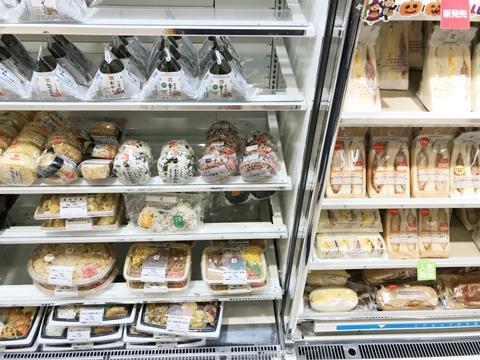
The chilled food-to-go offer includes an impressive selection of sandwiches, sushi, rice and noodle dishes, and availability and replenishment is handled swiftly and efficiently.
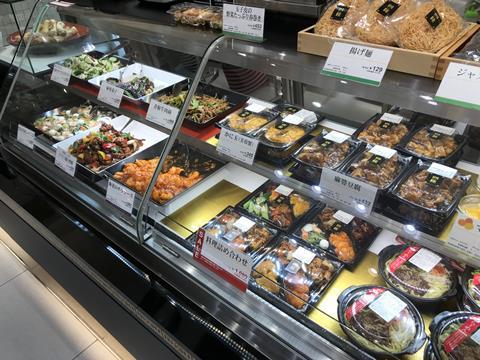
The shopping mall food halls sell a range of meal solutions and scratch cooking items such as meat and fish.
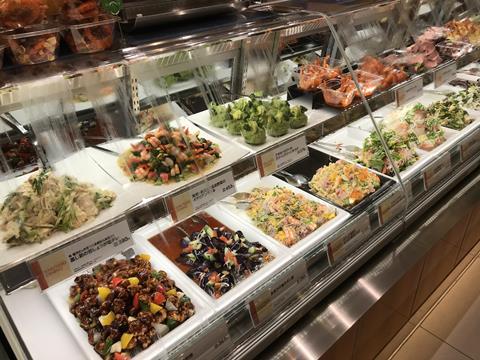
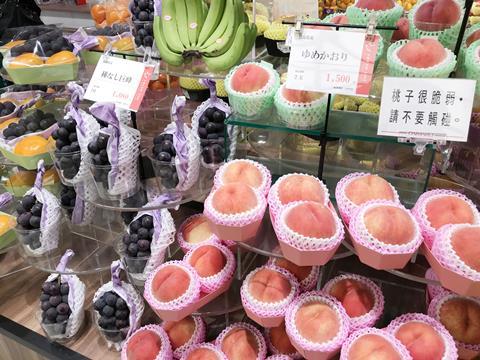
Fresh fruit is sold at everyday, affordable prices in c-stores and supermarkets, but there is also a market for premium lines, such as these peaches and grapes, in department stores. The presentation is beautiful but the fruits command a hefty price tag to match.
Cultural values
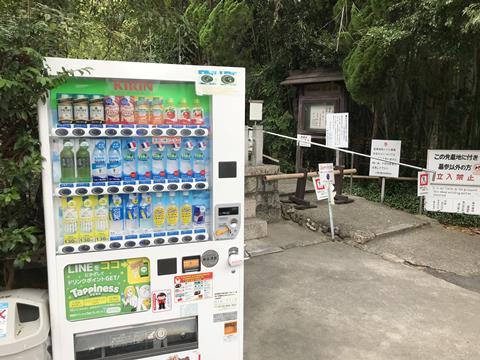
There are an estimated five million vending machines in Japan in all sorts of locations – this one is in a graveyard.
While c-stores stock a wide range of drinks, Japanese consumers find the machines the most convenient way to satisfy their thirst.
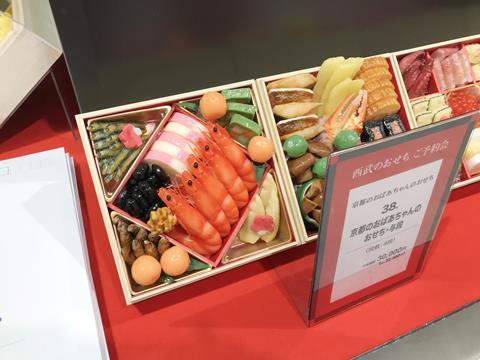
Food often has cultural significance: these Osechi Ryori boxes are the traditional way to celebrate new year. Each item of food has a special meaning connected with health and happiness. The boxes are available to order from retailers. This set costs 30,000Y (£225)!
Presentation is all-important, as with this rotating pick n mix confectionery offer, complete with mini shopping baskets.






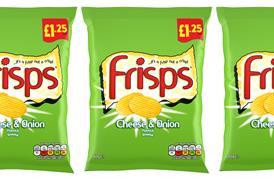


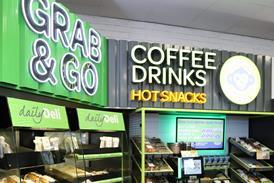






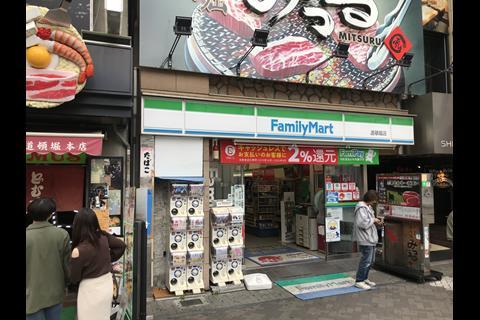
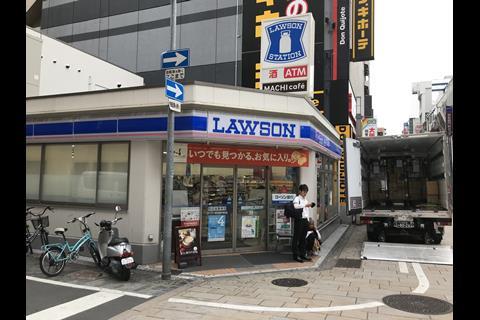
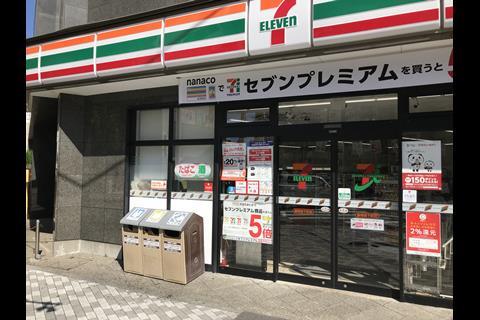












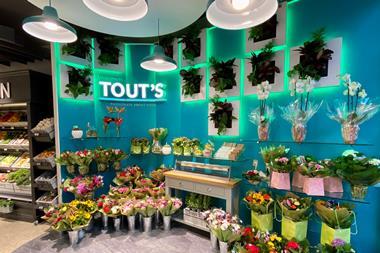
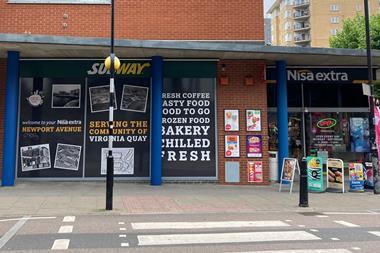
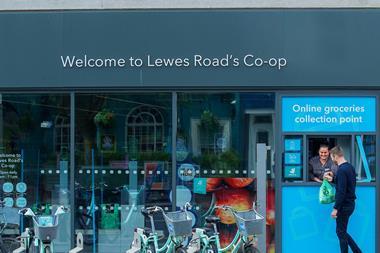
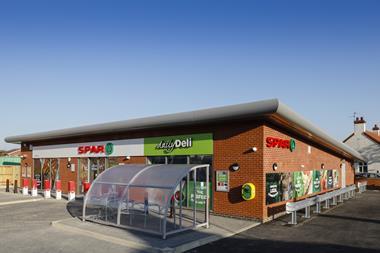










No comments yet